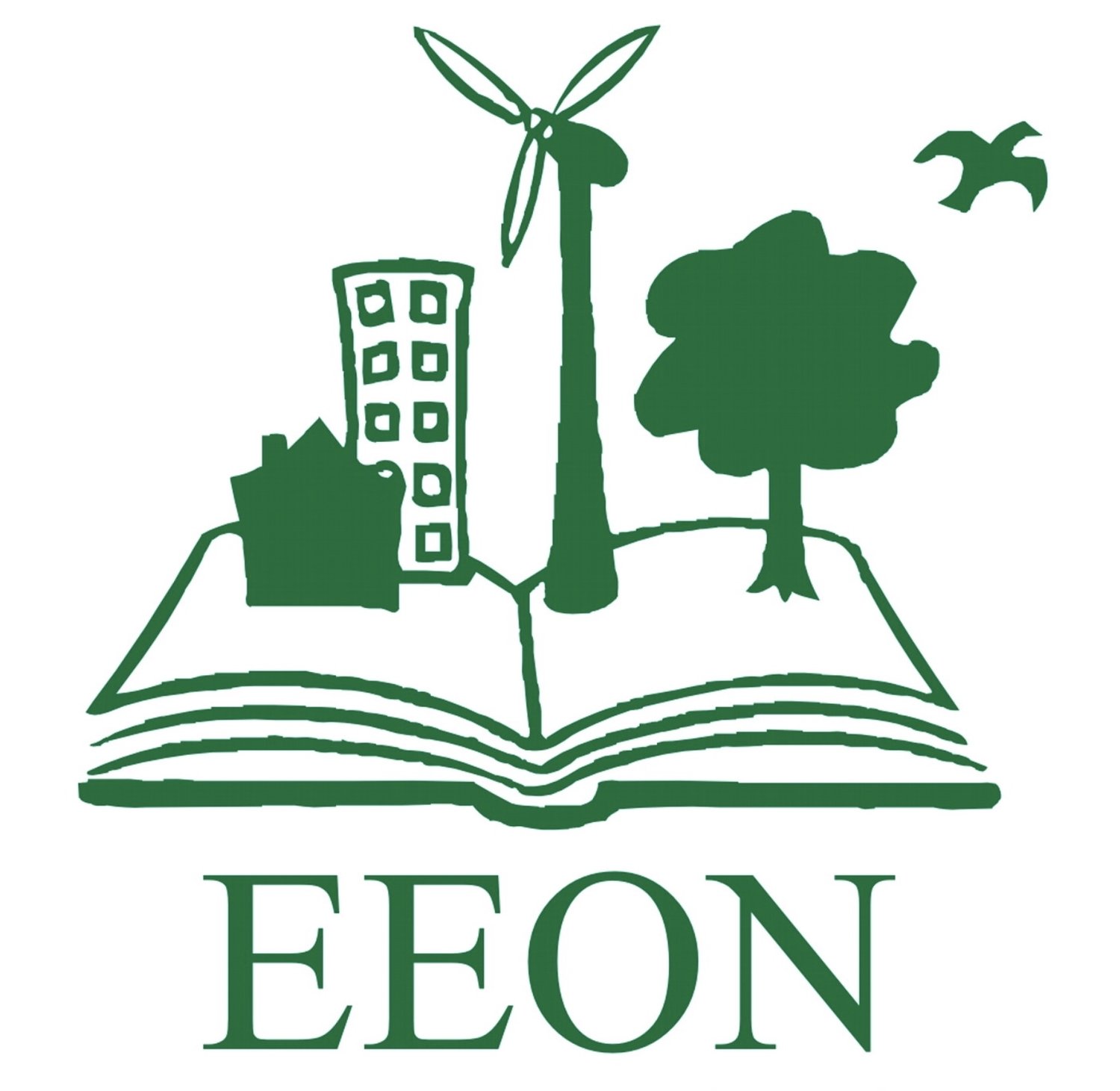Policies and Statements on Climate Education
Ontario
2021: Ontario Ministry of Education: Statement of Environmental Values
The Ontario Ministry of Education was one of the Ministries required to complete a Statement of Environmental Values when Ontario’s Environmental Bill of Rights came into force in 1994. In 2021 a new section on climate change was added in response to the Auditor General’s report on The Operation of the Environmental Bill of Rights (2020).
The statement reads as follows:
“The Ministry of Education believes that the public interest requires a broad effort to reduce greenhouse gas emissions and to build a cleaner and more resilient province.
The ministry will work to advance the province’s core climate change goals by:
Ensuring policies and programs consider the impacts of a changing climate.
Helping the province do its part to reduce greenhouse gas emissions.
Working with partner ministries including the Ministry of the Environment, Conservation and Parks to consider climate change mitigation and resilience to climate impacts as part of the government decision-making process.
Embed learning about the environment in the classroom, including learning about protecting our air, land and water, addressing climate change, and reducing the amount of litter and waste in our communities.”
2009: Acting Today, Shaping Tomorrow: A Policy Framework for Environmental Education in Schools
Acting Today, Shaping Tomorrow sets forth a policy framework that provides guidance to school boards and schools on how they can develop or revise an environmental education policy, teach environmental literacy, and enhance the development of more environmentally responsible practices. It is based on the research and recommendations of the expert panel on environmental education convened by Dr. Roberta Bondar in 2007.
Canada
2020: Learn Canada 2020
Learn Canada 2020 is the framework developed by the provincial and territorial ministers of education, through the Council of Ministers of Education, that Canada is to use to enhance Canada’s education systems, learning opportunities, and overall education outcomes. Climate change is not directly referenced but the document highlights the connection between education and “a socially progressive, sustainable society.”
2019: Accord on Education for a Sustainable Future
The Accord on Education for a Sustainable Future developed and adopted by the Association of Canadian Deans of Education outlines the responsibilities of faculties of education to understand, promote and contribute to a socially and ecologically just, healthy and flourishing society. This document is to be used in alignment with the 2010 Accord on Indigenous Education.
2016: Global Competencies Framework
The Global Competencies Framework is a non-prescriptive pan-Canadian plan for education published by the Council of Ministers of Education, Canada. Climate change is not directly mentioned in the document but Global Citizenship and Sustainability is one of the six competences described in the Framework.
International
2016: The Paris Agreement: Article 12
Parties shall cooperate in taking measures, as appropriate, to enhance climate change education, training, public awareness, public participation and public access to information, recognizing the importance of these steps with respect to enhancing actions under this Agreement.
1994: The United Nations Framework Convention on Climate Change: Article 6
Education, Training and Public Awareness
(a) Promote and facilitate at the national and, as appropriate, subregional and regional levels, and in accordance with national laws and regulations, and within their respective capacities: (i) The development and implementation of educational and public awareness programmes on climate change and its effects; (ii) Public access to information on climate change and its effects; (iii) Public participation in addressing climate change and its effects and developing adequate responses; and (iv) Training of scientific, technical and managerial personnel.
b) Cooperate in and promote, at the international level, and, where appropriate, using existing bodies: (i) The development and exchange of educational and public awareness material on climate change and its effects; and (ii) The development and implementation of education and training programmes, including the strengthening of national institutions and the exchange or secondment of personnel to train experts in this field, in particular for developing countries.
